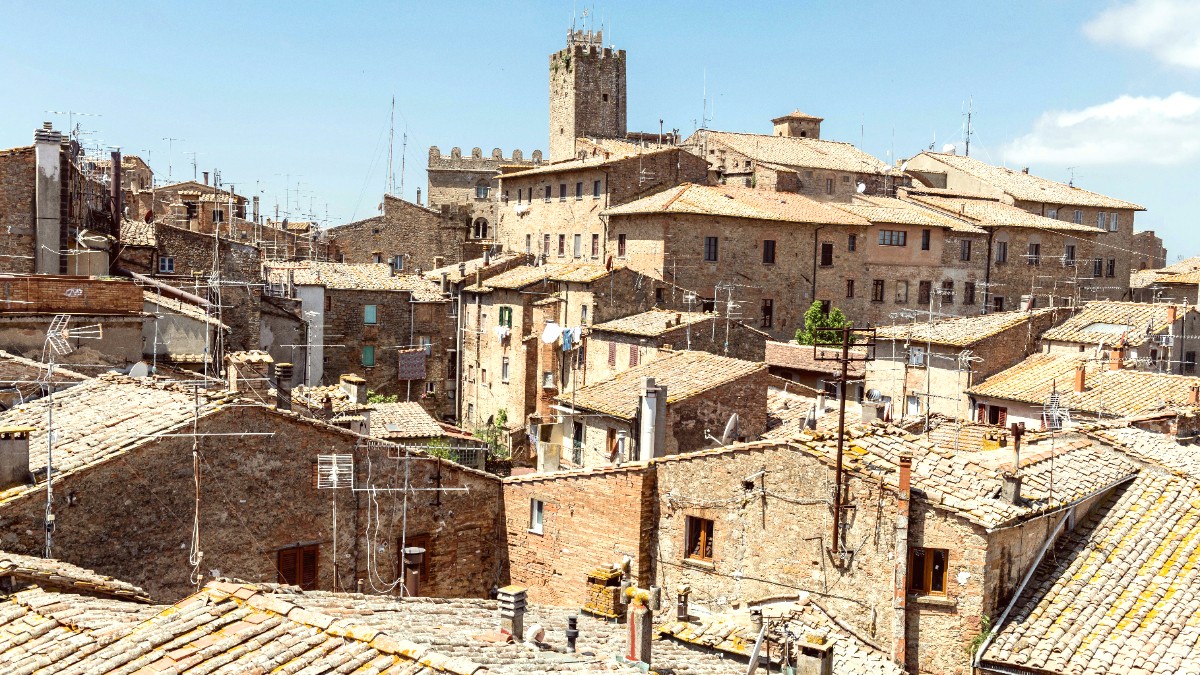
Tuscany, Italy
The surrounding Tuscan countryside, including the Riserva Naturale di Berignone-Tatti, has protection status. Initiatives preserve biodiversity, natural landscapes, and historical integrity.
Italy runs recycling programs, though systems vary. Look for separate bins for paper ("carta"), plastic/metal ("plastica/metallo"), organic waste ("organico"), and glass ("vetro"). Dispose of litter properly.
While Tuscany is not a severe water-scarce region, mindful water use is always encouraged, notably during dry summer months. Take shorter showers and turn off taps when not in use.
Refill a Reusable water bottle from tap water or public fountains (where marked "acqua potabile") instead of buying single-use plastic bottles.
Thoughtful choices lessen your ecological footprint.
Consider choosing direct flights, which are generally more fuel-efficient. Explore reputable carbon offset programs to mitigate your flight emissions.
Look for agriturismi that prioritize sustainable practices, like using local produce, renewable energy, water conservation, and waste reduction.
Choose tour operators that highlight responsible tourism, small group sizes, and respect for the environment and local communities.
Respect local customs and traditions, like dress codes for churches and typical meal times. Maintain a respectful volume in public spaces.
Volterra actively works to preserve its Etruscan, Roman, and medieval heritage through ongoing archaeological digs and restoration projects.
Support Global Conservation EffortsThe local alabaster tradition constitutes a significant cultural heritage. Purchase genuine crafts directly from artisan workshops.
Sustainable Gear for Responsible ExplorationBe mindful of privacy, especially in residential areas or when photographing children. Avoid flash in museums or churches if prohibited, as it can damage sensitive artifacts. Respect any "No Photos" signs.
Your spending choices directly relate to the local community's well-being.
Staying at family-run B&Bs or agriturismi directly supports local families and keeps tourism revenue within the community. These establishments often feature authentic experiences.
Purchase genuine local products, especially alabaster crafts, directly from artisan workshops.
If you wish to contribute to the community, research reputable local charities or community development projects rather than giving to street beggars. This makes your contribution reach those who need it most effectively.
Look for local initiatives focused on education, health, or environmental protection.
Verify organizations' transparency and impact before making a donation.
Direct contributions to verified projects confirm your support for the community.
Adhere to all local safety guidelines, especially regarding driving in historic centers (ZTLs) and public health measures. Always be aware of your surroundings.
Every decision you make as a traveler impacts the local environment, culture, and economy.